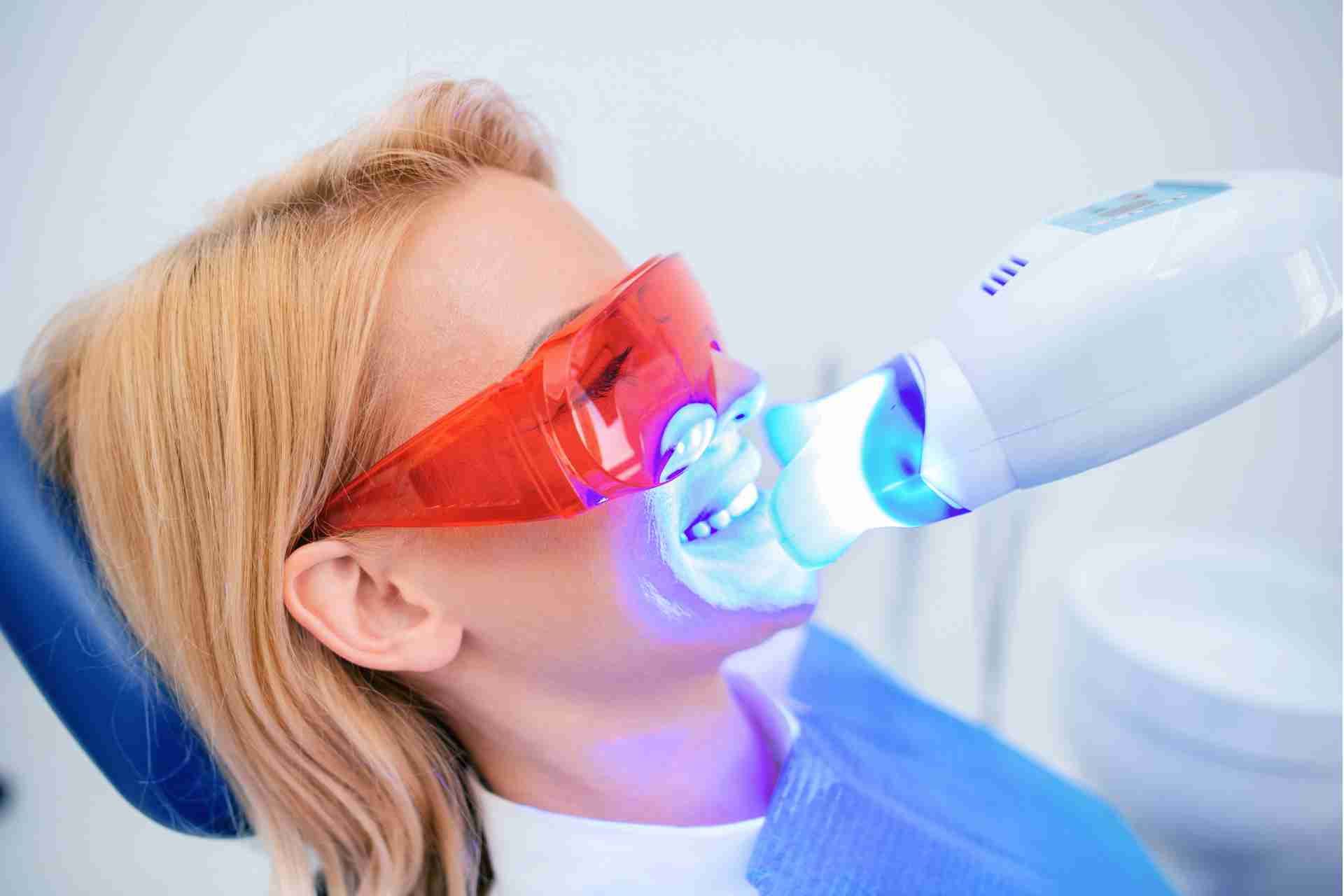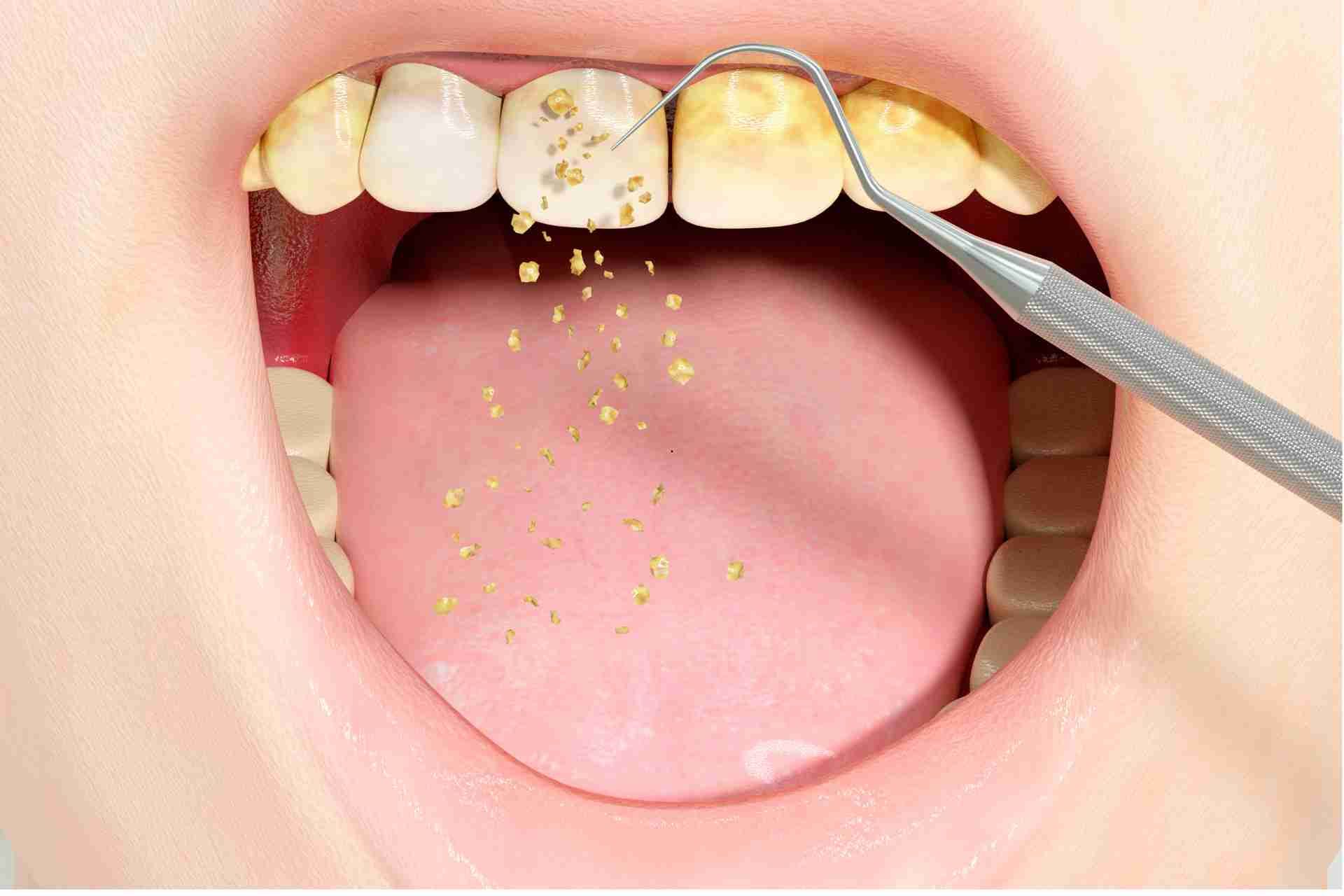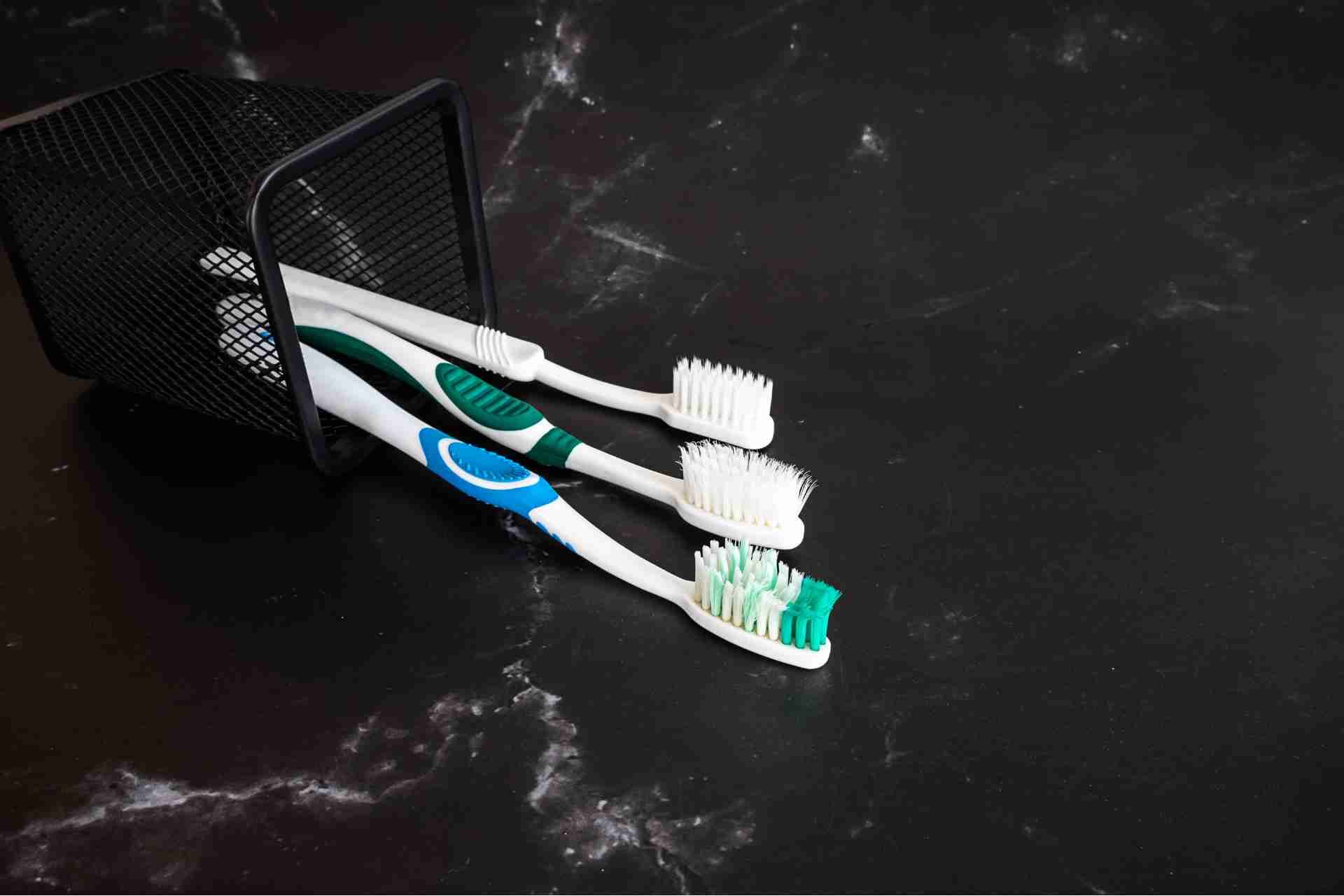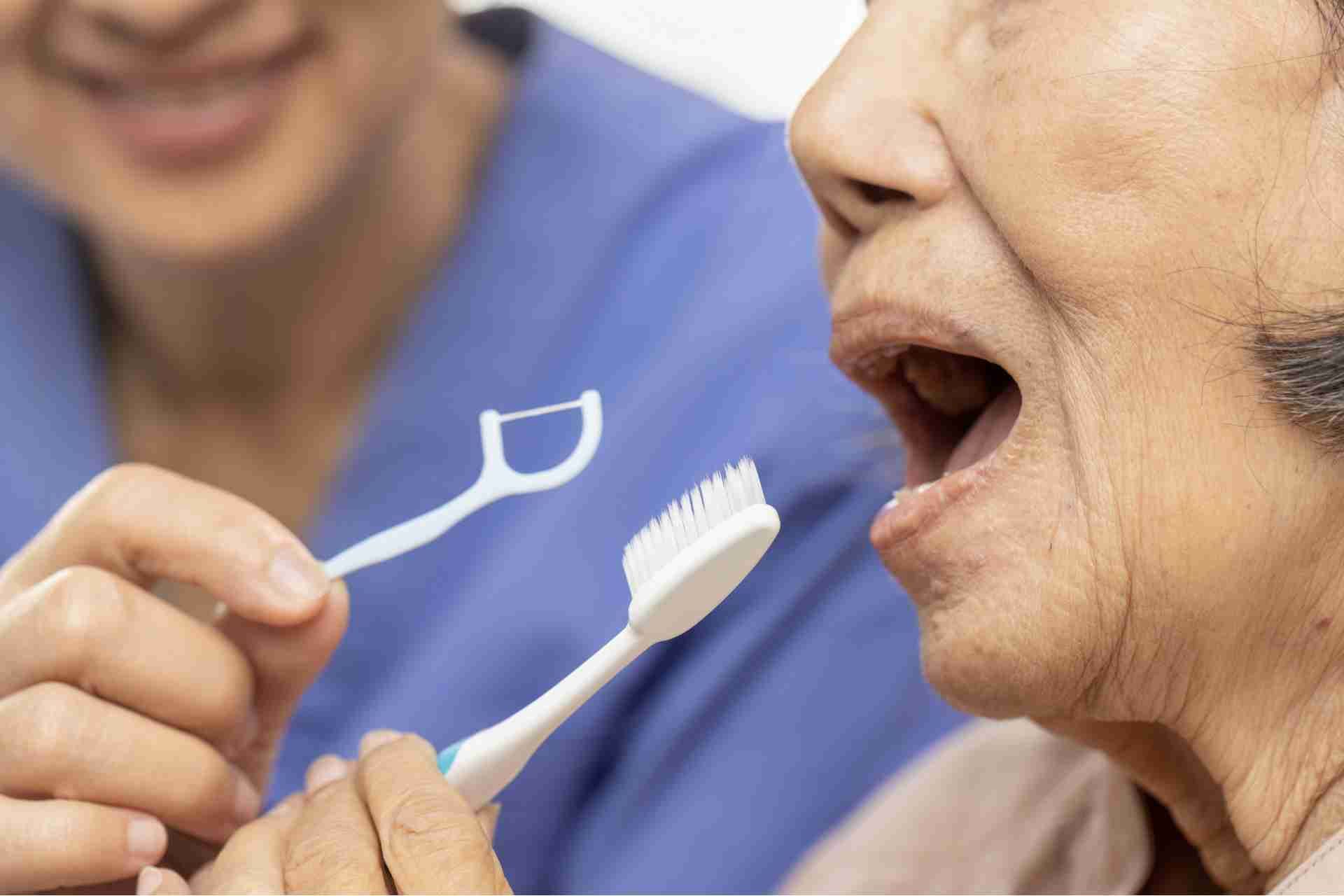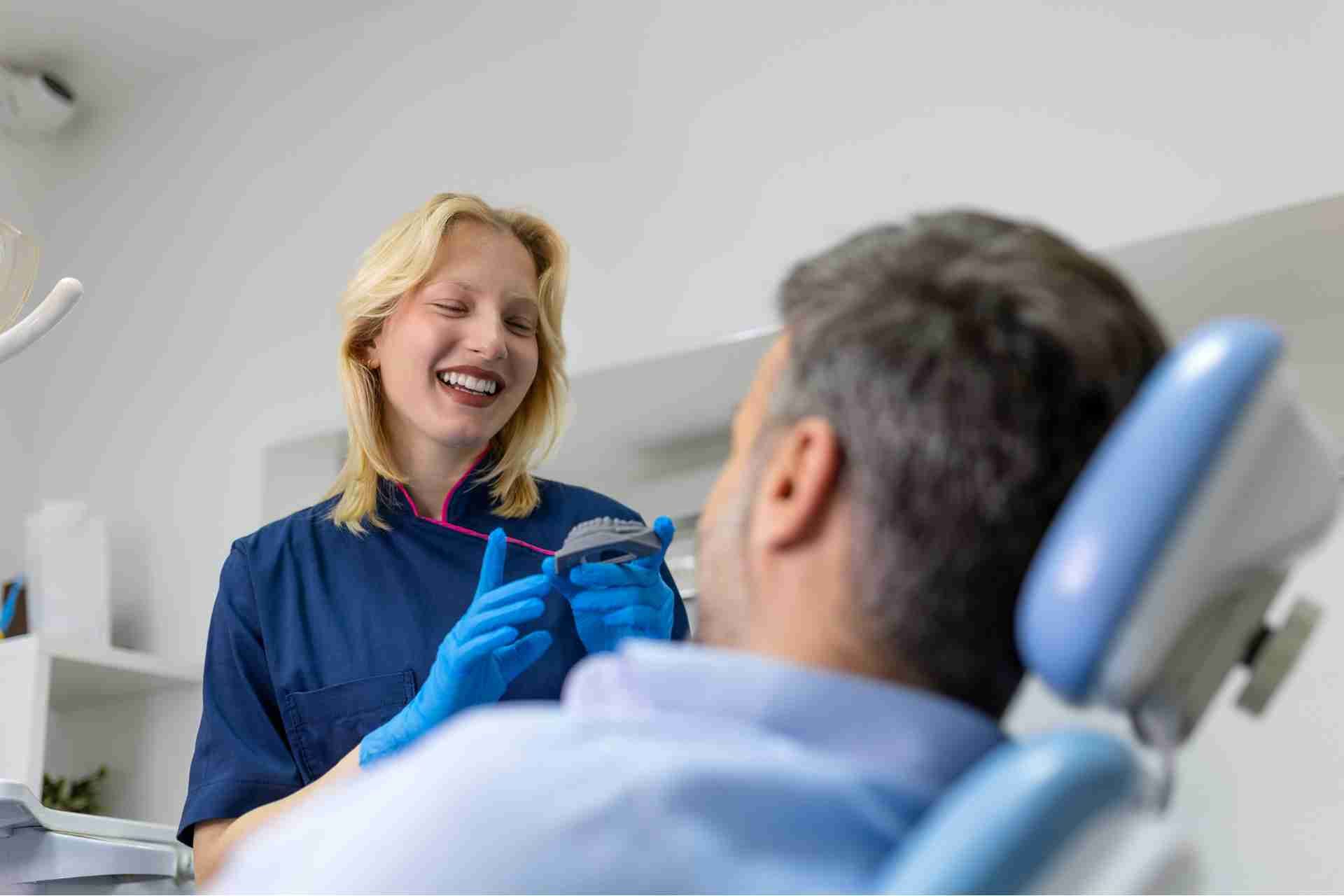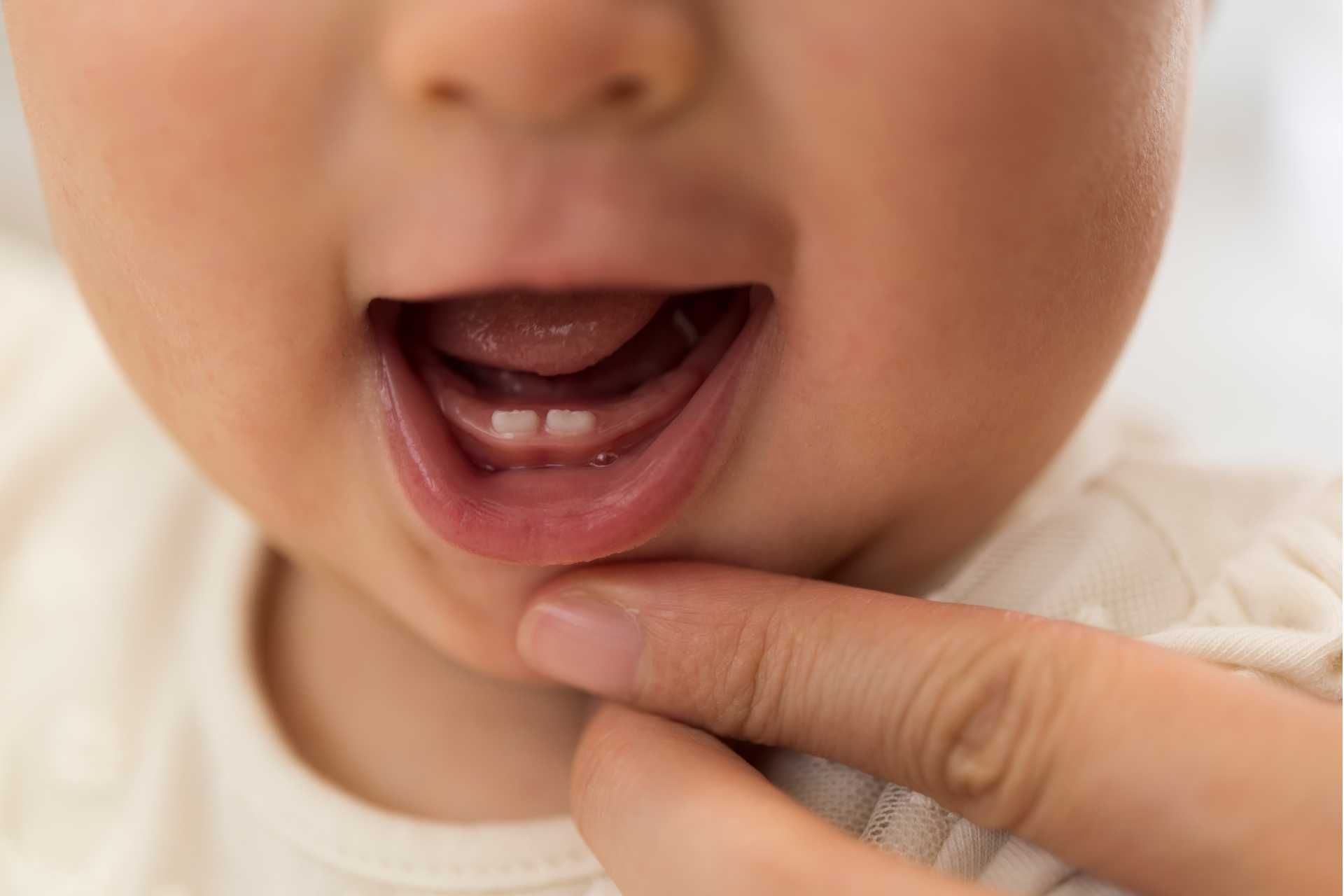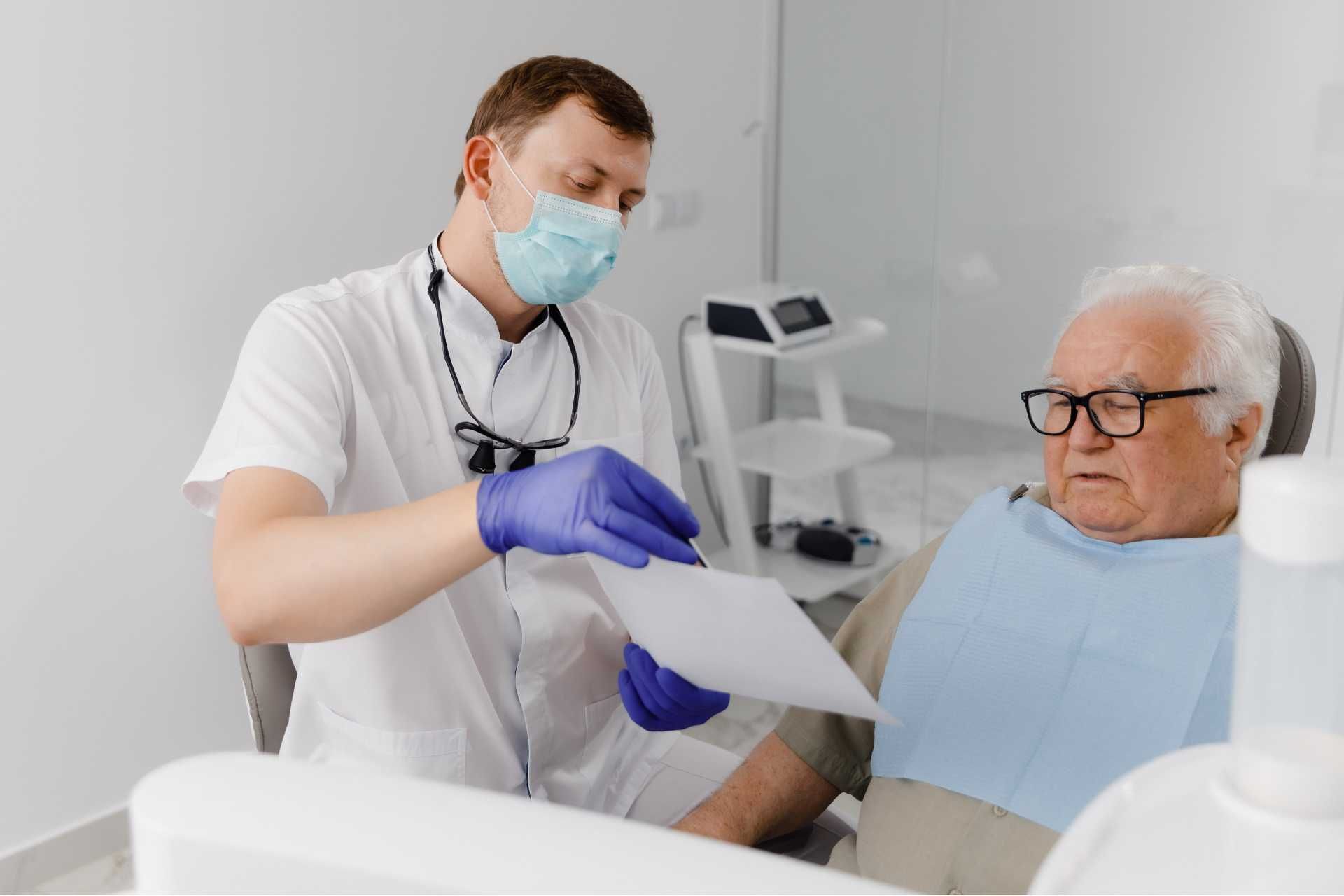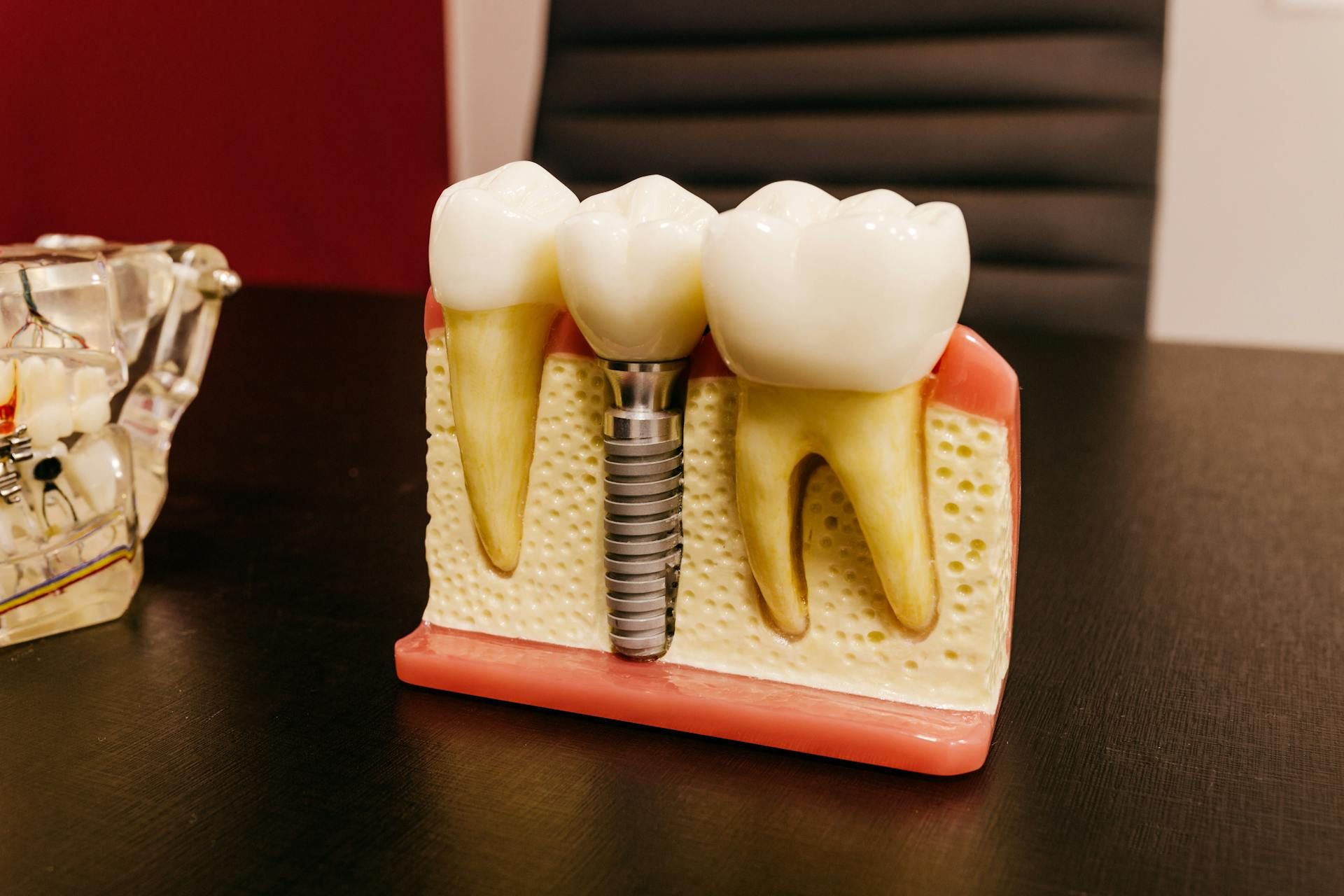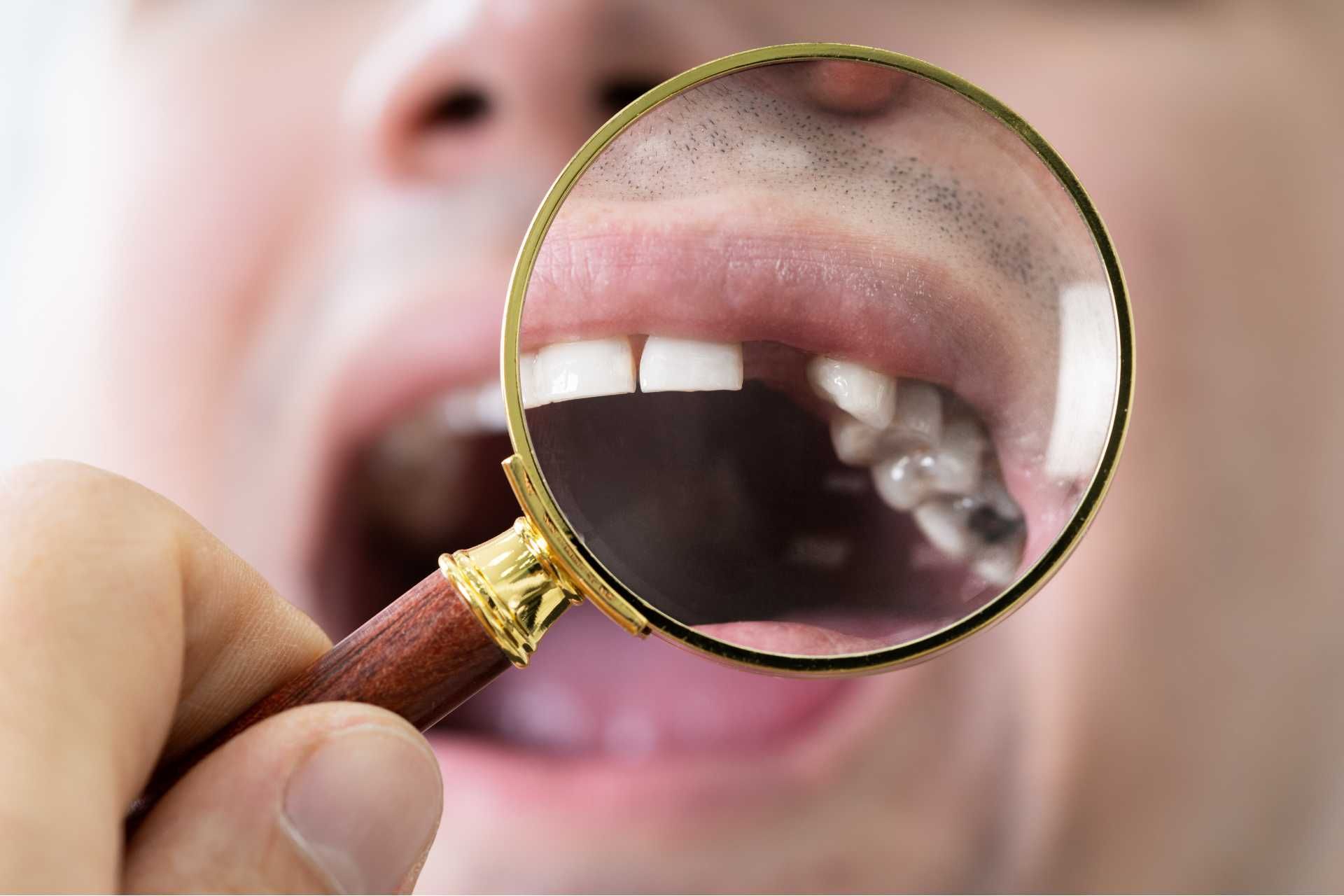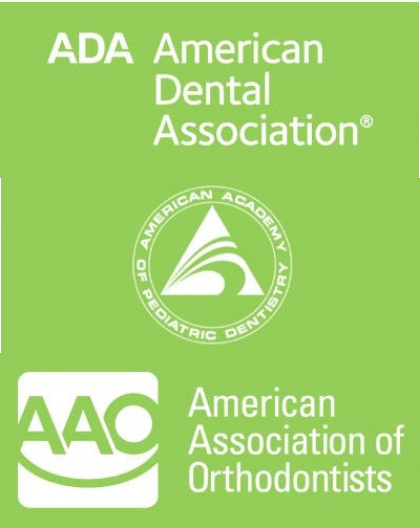Common Dental Emergencies

Dental emergencies can strike suddenly and without warning, leaving you in pain and uncertainty about what steps to take next. Whether it's a severe toothache, a knocked-out tooth, or a chipped crown, knowing how to respond promptly can make all the difference in preventing further damage and ensuring a swift recovery.
Your dental health is not something to be taken lightly, and understanding how to handle emergencies empowers you to make informed decisions in critical moments. We will walk through the most common dental emergencies, offering practical advice and crucial steps to take when faced with an urgent dental situation. From immediate first aid measures to finding the right professional care, we've got you covered.
Common Dental Emergencies
Dental emergencies are situations that require immediate attention from a dentist. They can be painful, potentially serious, and should not be ignored.
Toothache
This is one of the most common dental emergencies individuals experience. It can be caused by various factors such as tooth decay, infection, or a dental injury. Severe or persistent toothaches can be a sign of an underlying issue like a cavity or an infection.
Chipped or Broken Tooth
This can be caused by various factors, like a fall, biting on a hard object, or from underlying tooth decay. Accidents or injuries can result in a broken or chipped tooth. This can cause significant pain and discomfort, and immediate attention from a dental professional is necessary.
Knocked-Out Tooth
This is a serious emergency. If a permanent tooth is knocked out, try to reinsert it gently into the socket if possible, or store it in milk or saliva and get to a dentist immediately. Whether due to a sporting accident or a fall, a knocked-out tooth requires urgent attention. Quick action can increase the chances of saving the tooth, so it is essential to seek immediate dental treatment.
Loose Tooth
This can happen due to trauma or advanced gum disease. If a tooth becomes loose or gets displaced, it can be quite distressing. Immediate dental care is necessary to prevent further damage and increase the likelihood of saving the tooth.
Abscess or Gum Infection
This is a painful infection around the root of a tooth, often causing swelling, fever, and general illness. An abscessed tooth is a severe infection that occurs at the root of a tooth or in the spaces between the teeth and gums. It can cause intense pain, and swelling, and can lead to further complications if left untreated. It requires immediate treatment.
Lost Filling or Crown
Losing a filling or crown can expose the sensitive interior of a tooth. This can result in discomfort and expose the affected tooth to potential damage or decay. Seeking prompt dental attention is crucial to repair or replace the restoration.
Broken Jaw
Accidents or falls can lead to traumatic injuries to the mouth or jaw. If you suspect a broken jaw, seek immediate medical attention.
Objects Caught Between Teeth
Objects, such as food particles or foreign materials, can become lodged between teeth, causing discomfort and potential damage. If you can't dislodge it with floss, don't use sharp objects. See a dentist.
Orthodontic Emergencies
Patients wearing braces or other orthodontic appliances may experience emergencies such as broken wires or brackets, which can cause discomfort and affect the functionality of the appliance. Prompt attention from an orthodontist is necessary to address these emergencies.
Soft Tissue Injuries
Cuts, tears, or injuries to the soft tissues of the mouth, including the gums, lips, or tongue, can occur during accidents or while eating or biting down. These can bleed profusely and may need urgent care.
Dental Trauma from Sports or Accidents
Any significant blow to the mouth or face can cause dental injuries.
Severe Jaw Pain or TMJ Disorders
If you have severe jaw pain or if your jaw is locked, it may require immediate attention.
How to Initialy Treat Dental Emergencies
Treating dental emergencies requires a combination of immediate first aid and seeking professional dental care. Here are steps to take for common dental emergencies:
Toothache
- Rinse your mouth with warm water.
- Use dental floss to remove any trapped food.
- Apply a cold compress to the affected area.
- Take over-the-counter pain relievers if needed.
- See a dentist as soon as possible.
Chipped or Broken Tooth
- Save any broken pieces.
- Rinse your mouth with warm water.
- Apply a cold compress to reduce swelling.
- See a dentist promptly for repair or restoration.
Knocked-Out Tooth
- Handle the tooth by the crown (top part) and avoid touching the root.
- Gently rinse the tooth if dirty, but do not scrub.
- Attempt to reinsert the tooth into the socket, if possible.
- If reinsertion isn't possible, store the tooth in milk or saliva.
- Seek immediate dental care.
Loose Tooth
- Gently bite down on the tooth to keep it in place.
- See a dentist as soon as possible.
Abscess or Gum Infection
- Rinse your mouth with warm salt water.
- Use a cold compress to reduce swelling.
- Seek immediate dental care.
Lost Filling or Crown
- Apply a temporary dental cement (available at pharmacies).
- Avoid chewing on that side of your mouth.
- See a dentist promptly for permanent restoration.
Object Caught Between Teeth
- Gently try to remove the object with dental floss.
- Do not use sharp objects.
- If unsuccessful, see a dentist.
Severe Bleeding After Extraction
- Bite down on a clean gauze pad for 30 minutes.
- If bleeding persists, seek immediate dental care.
Jaw Pain or Injury
- Apply a cold compress and seek immediate medical attention, especially if you suspect a broken jaw.
Soft Tissue Injuries
- Clean the wound with warm water and apply a cold compress.
- If bleeding is severe or doesn't stop, seek immediate care.
Severe Jaw Pain or TMJ Disorders
- Seek dental or medical attention, especially if it's associated with difficulty in opening or closing your mouth.
Orthodontic Emergencies
- Apply dental wax to cover sharp edges.
- See your orthodontist for repair.
While these steps can provide initial relief and stabilization, it's crucial to seek professional dental care as soon as possible for a thorough evaluation and appropriate treatment. In any dental emergency, don't hesitate to contact
Pennington Orthodontics and Pediatric Dentistry for urgent care.
